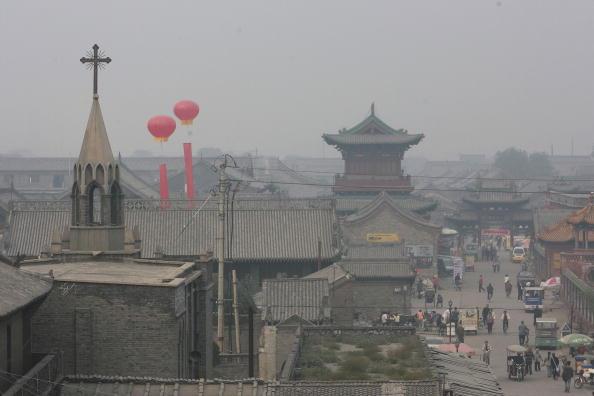In the span of two weeks, two Chinese officials from a provincial prison management bureau have been placed under investigation for human rights violations.
Gao Qi, current deputy inspector with the prison management bureau in northern China’s Shanxi Province, was placed under investigation by the province’s discipline and supervision commissions, reported People’s Net, the online version of state mouthpiece People’s Daily on June 1.





